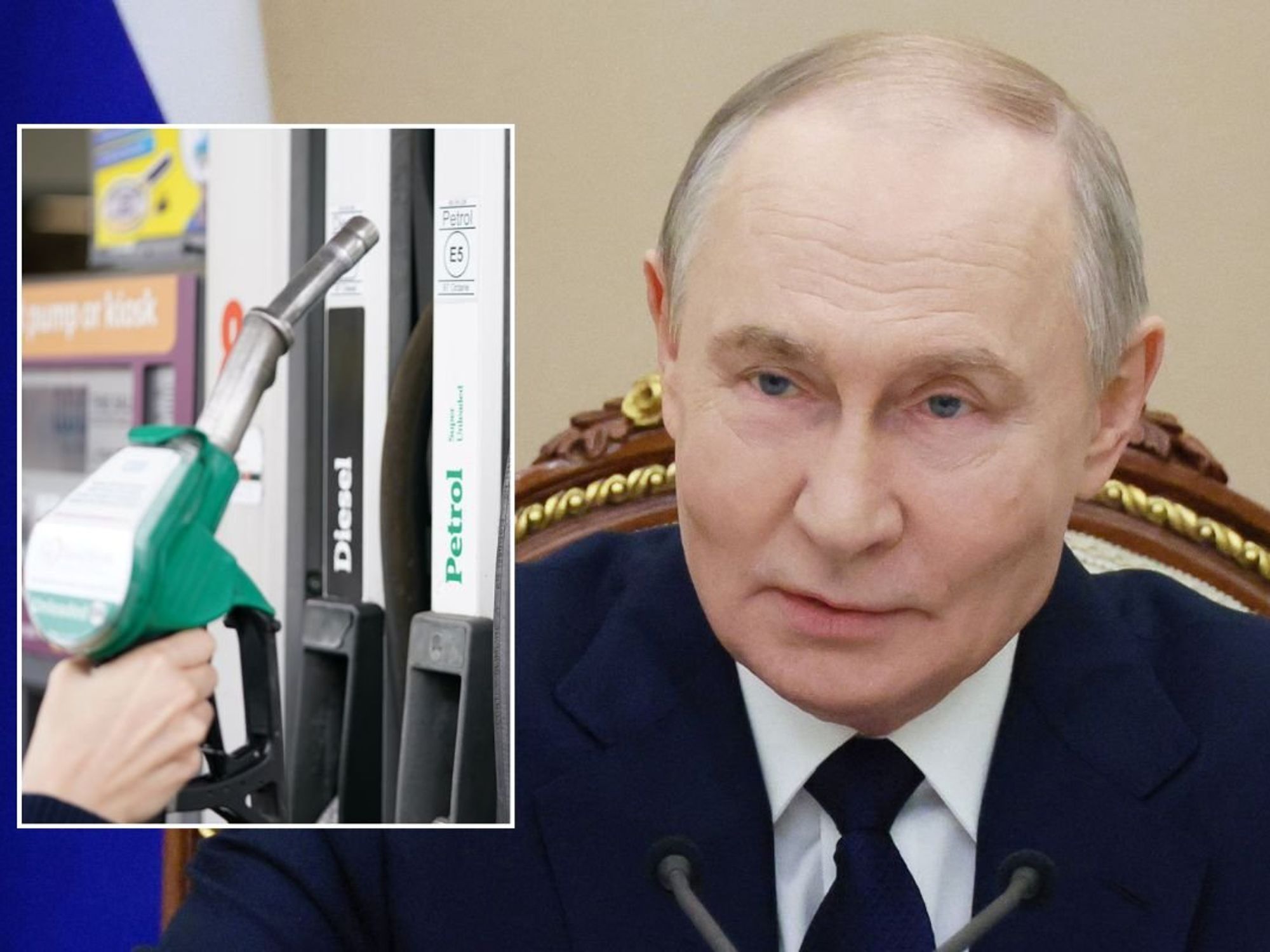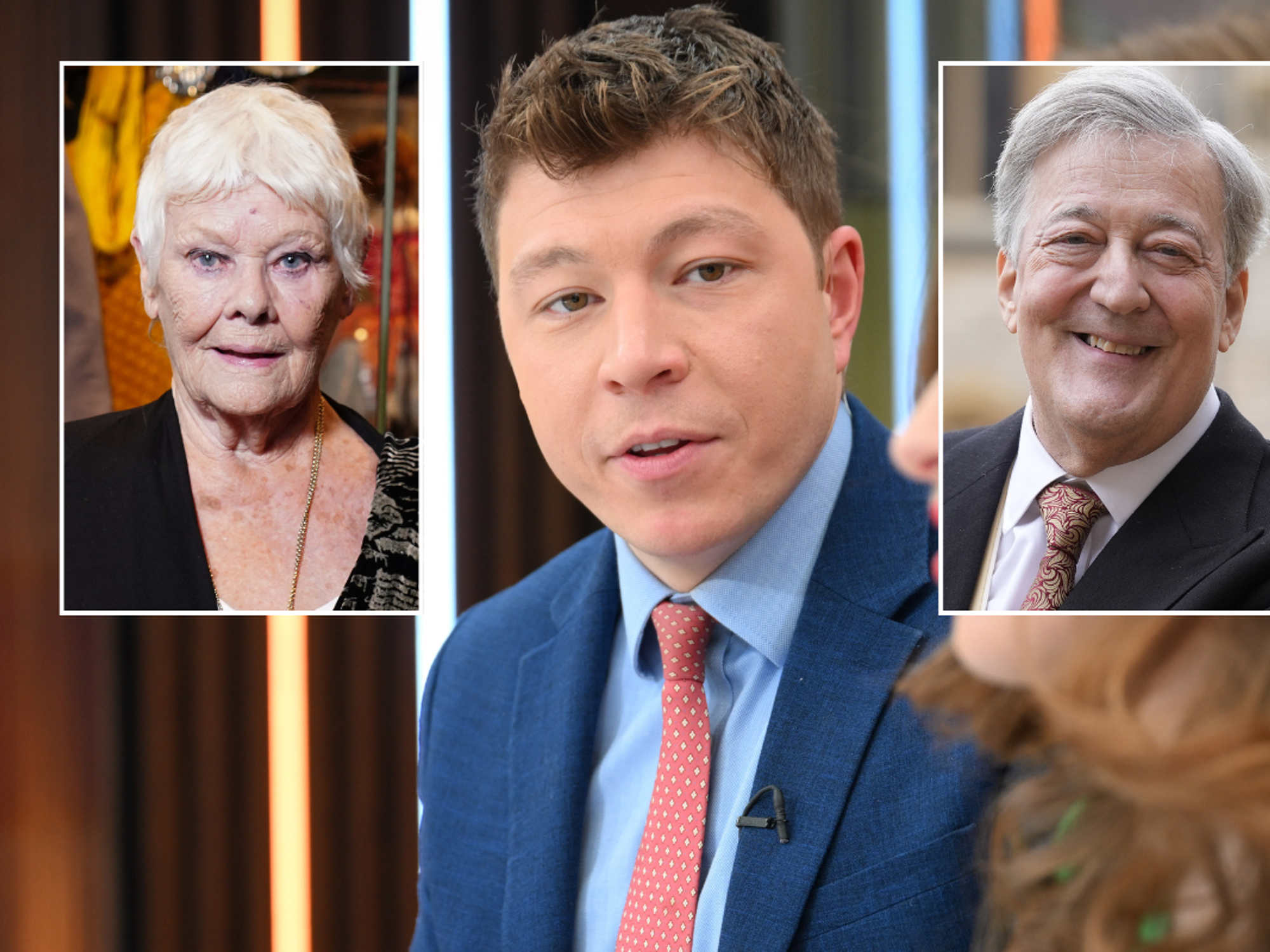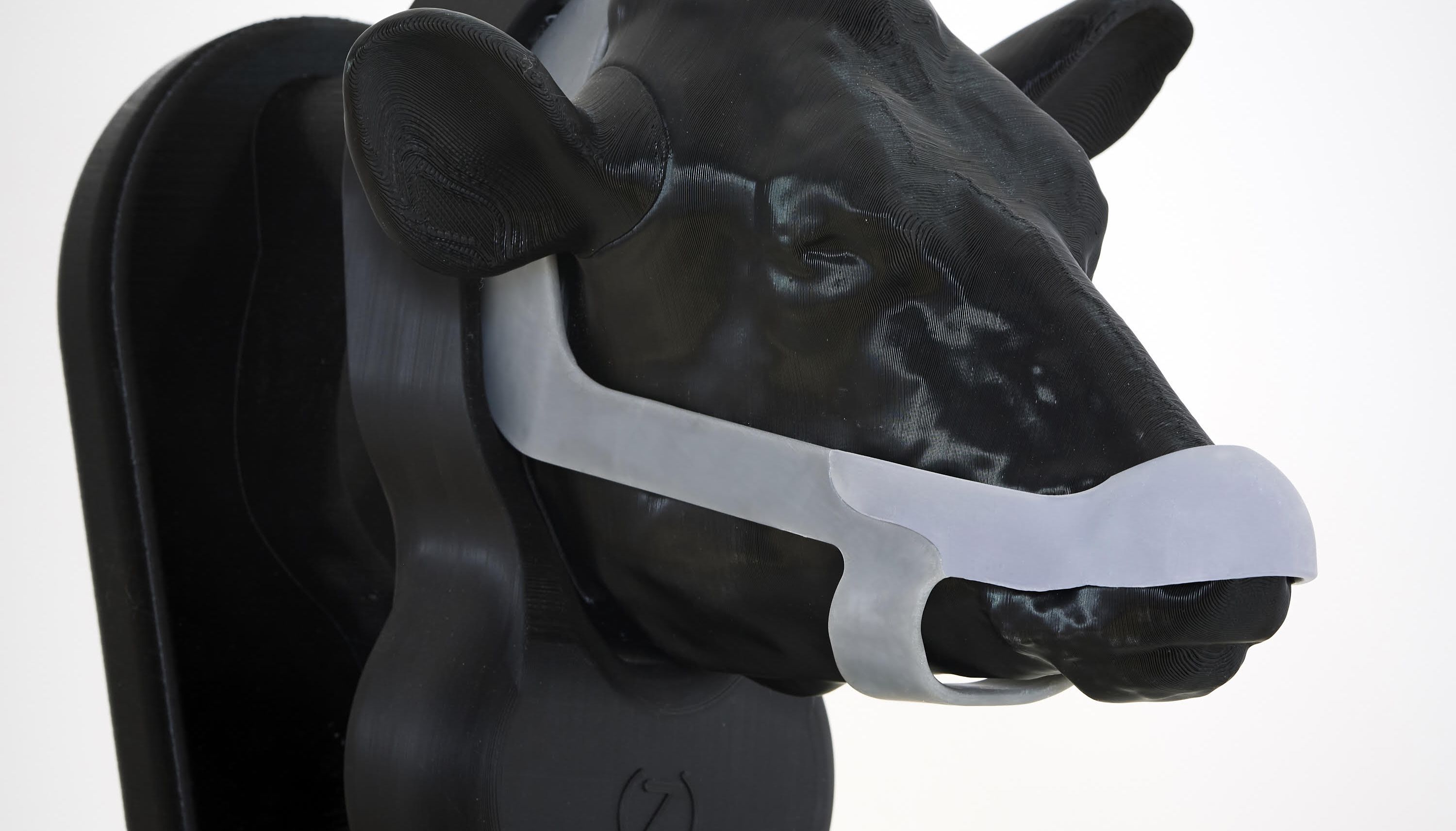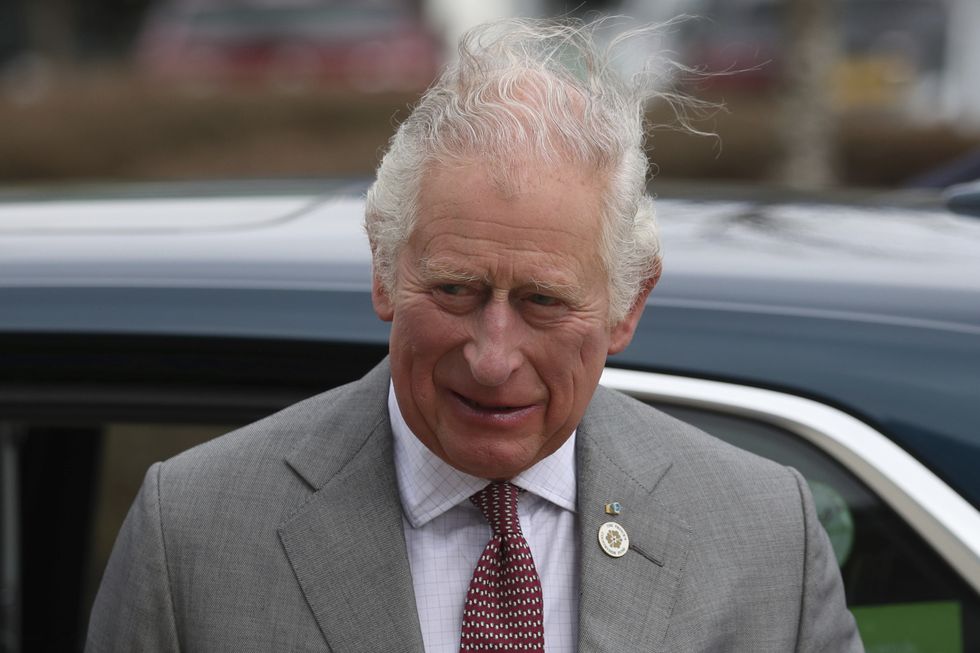Prince Charles backs face masks for cows in bid to tackle climate change

Methane-catching masks could be attached to cows in an unlikely method of reducing the carbon footprint of the beef industry
Don't Miss
Most Read
Prince Charles has backed a radical plan to tackle greenhouse gas emissions.
Methane-catching masks could be attached to cows in an unlikely method of reducing the carbon footprint of the beef industry.
Francisco Norris, founder of design group Zelp (Zero Emissions Livestock Project) – which designed the product, said it was a “great honour” to speak with the Prince, whom he had met previously when presenting a prototype of his product in 2018.
Charles asked with concern whether the device, which is worn around a cow’s head, was “annoying” for the animal, but Mr Norris reassured him that “it doesn’t bother them at all”.
Zelp has been working with one of the UK's largest meat producers in order to trial the device on cows.
The wearable device for cows is said to significantly reduce methane emissions.
Royal College of Art
Prince Charles launched the competition alongside Sir Jony, chancellor of the RCA.
Scott Heppell
Methane and carbon dioxide produced by cows increase the threat of climate change, and Zelp say 95 percent of methane produced by the creature is emitted from their mouths and nostrils.
The device captures methane exhaled while it sits on the animal's head. The gas is then run through a miniature catalytic converter, before being sent into the atmosphere as water vapour and carbon dioxide.
The company claim their tests had shown a 53 percent reduction in methane emissions, with scope for the rate to be improved.
The device was among the winning solutions of a sustainable design competition developed by the Prince of Wales and design guru Sir Jony Ive.
Students from the Royal College of Art (RCA) were set the challenge of designing projects that tackle the environmental damage being done to the planet.
Charles launched the competition alongside Sir Jony, chancellor of the RCA, as part of the Prince of Wales’ Sustainable Markets Initiative.
It was inspired by the initiative’s Terra Carta, or Earth Charter, which is a road-map for businesses to set commitments for sustainability by 2030.
The four winners will receive £50,000 from the Sustainable Markets Initiative as seed funding to invest in their start-up businesses.













